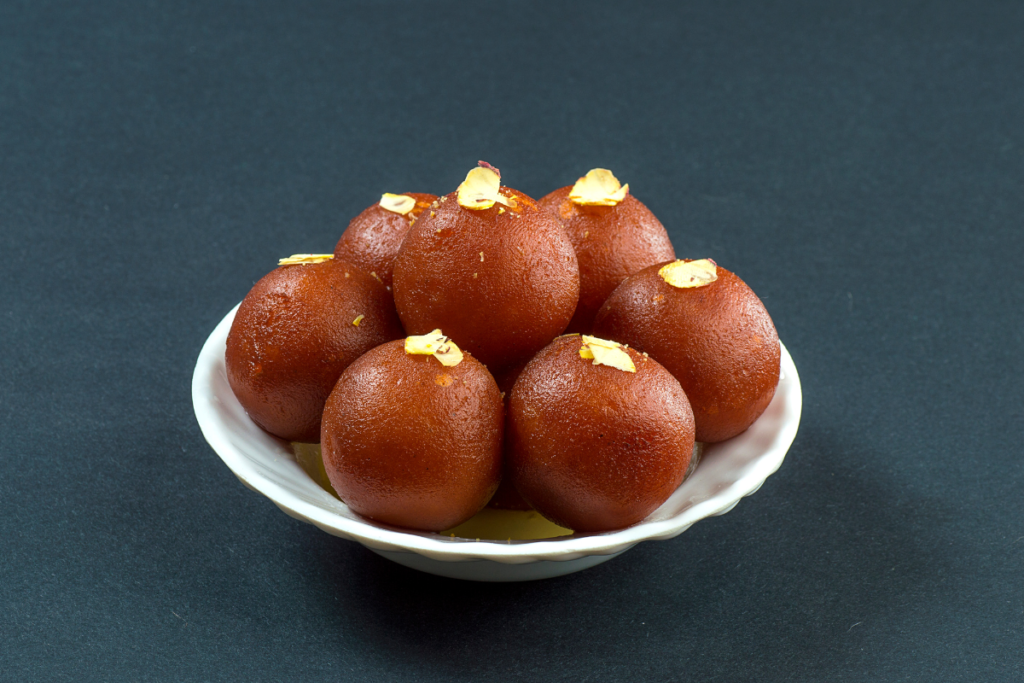Sugar is a staple ingredient of modern diets, but its contribution to the development of chronic illnesses is drawing more attention to it. Although it is difficult to resist its sweet appeal, research shows that taking too much sugar can have adverse effects on the body and brain. The science of sugar metabolism, its silent risks, and practical advice for safely lowering intake are all covered in this article.
How Sugar Affects Your Body:
Sugar is primarily consumed in two forms:
● Glucose: The body’s primary energy source, metabolised efficiently.
● Fructose: Metabolized in the liver, where excess amounts are converted into fat.
What Happens When You Eat Sugar?
● After consuming sugar, blood glucose levels spike, prompting the pancreas to release insulin.
● Insulin helps cells absorb glucose for energy, lowering blood sugar.
● Over time, chronic sugar intake leads to insulin resistance, a hallmark of type 2 diabetes.
The Risks of Excess Sugar Consumption
1. Obesity:
Extra sugar causes weight gain because it is stored as fat.
2. Heart Disease:
Sugar raises triglycerides, a key risk factor for heart disease.
3. Type 2 Diabetes:
Insulin resistance from prolonged sugar intake increases the risk of Type 2 diabetes.
4. Cognitive Decline:
Chronic high sugar levels impair memory and learning.
Hidden Sources of Sugar:
Under false names like sucrose, high-fructose corn syrup, and maltose, sugar is commonly hidden in common meals. Protein bars, snacks, and packaged cereals are examples of common sources.
● Sweetened beverages, such as flavoured teas, juices, and soft drinks.
● Savoury items such as bread, salad dressings, and ketchup.
Myths About Sugar Debunked
Myth 1: “Natural sugars like honey are healthier.”
● While honey, jaggery, and maple syrup contain trace nutrients, they affect blood sugar similarly to refined sugar.
Myth 2: “Cutting sugar completely is dangerous.”
● Eliminating added sugars is beneficial, but natural sugars in fruits and dairy are essential.
Myth 3: “Artificial sweeteners are a perfect alternative.”
● Artificial sweeteners may reduce calorie intake but can disrupt gut microbiota, leading to other metabolic issues.
Guidelines on Sugar Consumption
● World Health Organization (WHO): Recommends limiting added sugar to 5% of daily caloric intake (~25g for adults).
● American Heart Association (AHA): Women: ≤24g/day; Men: ≤36g/day.
● Indian Council of Medical Research (ICMR): Asks to minimise added sugar in diets to combat rising obesity and diabetes rates.
Tips to Reduce Sugar Consumption Safely:
1. Read Labels:
Check for hidden sugars in processed foods.
2. Switch to Natural Sweeteners:
Use stevia or monk fruit instead of sugar.
3. Eat More Fiber:
Fibre slows sugar absorption, preventing spikes.
4. Stay Hydrated:
Dehydration often triggers sugar cravings.
5. Avoid sugary drinks:
Choose herbal teas or water without added sugar.
1. Can I eat fruit while reducing sugar?
Definitely! Fruits are nutritious because they have natural sugars that are balanced with fibre, vitamins, and antioxidants.
2. Are sugar-free products always safe?
Not always. Artificial sweeteners are frequently found in sugar-free products; they should be used carefully.
3. Can I quit sugar cold turkey?
Cut back on sugar slowly and gradually so that you don’t face withdrawal symptoms like headaches and irritability.
How HealthPil Can Help:
At HealthPil, our expert dietitians provide personalised guidance to help you reduce sugar intake safely. Our expertise is creating low-sugar, sustainable meal programs that are customised to meet your specific health objectives. HealthPil’s teleconsultation services link you with reliable experts for diabetes management or heart health improvement.
Disclaimer:
This article is for informational purposes only and does not replace medical advice. For any guidance, always consult a healthcare provider.
Conclusion
Sugar is a silent contributor to many chronic diseases, but its impact is manageable with mindful choices. By reducing added sugar and following dietary guidelines, you can take control of your health. Let HealthPil guide you toward a healthier, sweeter life—without the risks.

